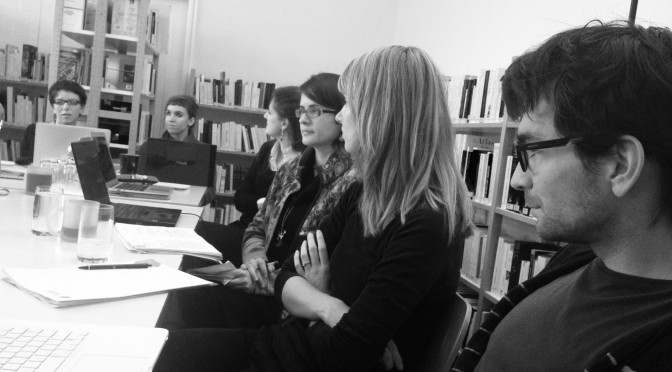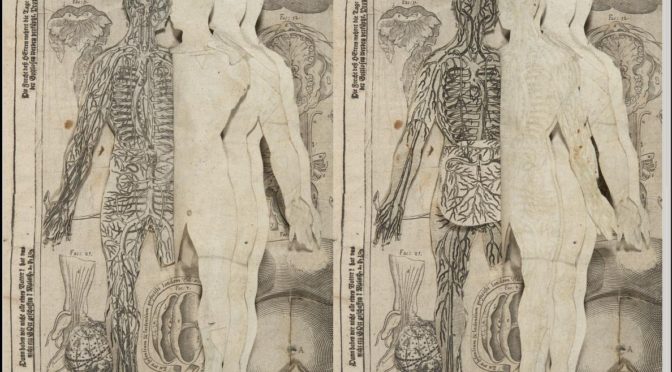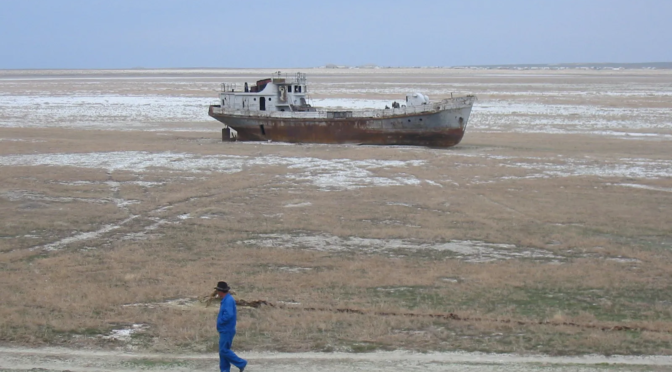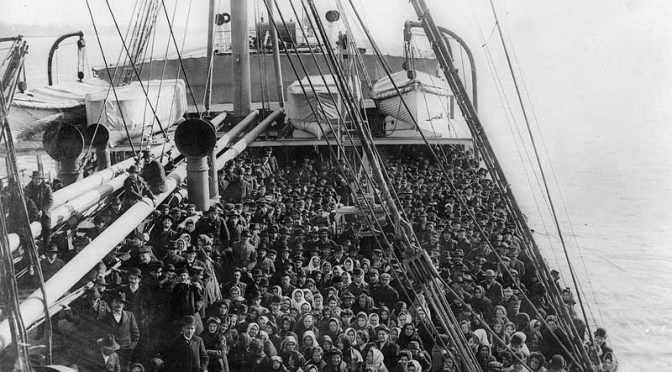La troisième session du séminaire NANO : Natures and Normes, organisée dans le cadre du projet SAMSON (Sciences, Arts, Médecine et Normes Sociales) et développée par l’Université la Sorbonne (Paris), la Faculté des lettres de l’Université Charles (Prague), l’Université de Varsovie et le CEFRES accueillera Vojtěch Pojar (CEFRES / CEU) et Alicja Urbanik-Kopeć (IHN PAN).
Date : vendredi 16 décembre 2022, 17 h-19 h
Lieu : bibliothèque du CEFRES et en ligne
Langue: anglais
Contact : cefres(@]cefres.cz
Partie 1.
L’eugénisme dans l’Autriche-Hongrie : fonctions sociales et circulation d’un corpus de connaissances ambigu. 1900-1914
Vojtěch Pojar (CEU / CEFRES)
Résumé : La notion de circulation des savoirs pose de nouvelles questions à la recherche sur l’eugénisme dans l’Empire des Habsbourg. En me concentrant sur les réseaux impériaux et la gestion cognitive de la diversité impériale, j’analyserai quatre cas de circulation impériale du savoir eugéniste. Mon exposé montrera que les acteurs, les institutions et les géographies d’une d’une telle circulation variait substantiellement, dépendant des pratiques à partir desquelles le type particulier de savoir eugéniste se développait ainsi que de la fonction sociale qu’il envisageait servir.
Partie 2.
Eugénisme et santé sociale
Alicja Urbanik-Kopeć (IHN PAN)
Le rôle de l’anthropométrie criminelle et du mouvement eugéniste précoce sur l’organisation du contrôle d’Etat des travailleur.se.s du sexe dans le Royaume de Pologne, 1890-1915.
Dans mon exposé, je montrerai l’influence de l’anthropologie criminelle sur l’organisation des comités de police médicale gérés par l’Etat, mis en place par les fonctionnaires d’Etat russes pour trouver, traquer, contrôler et punir de véritables travailleur.se.s du sexe assumé.e.s, dans les villes. Les raisons officielles du renforçage du contrôle de la population urbaine privée de ses droits (majoritairement des femmes célibataires et pauvres) étaient la santé publique et le combat contre la pandémie de maladies sexuellement transmissibles. Cependant, elles étaient utilisées comme prétexte pour tenter un contrôle administratif sur la vie, la santé et la reproduction de femmes socialement vulnérables.
Voir le programme du séminaire NANO 2022-2023.
Ill°: https://archive.org/details/ldpd_11497246_000/page/n25/mode/2up





